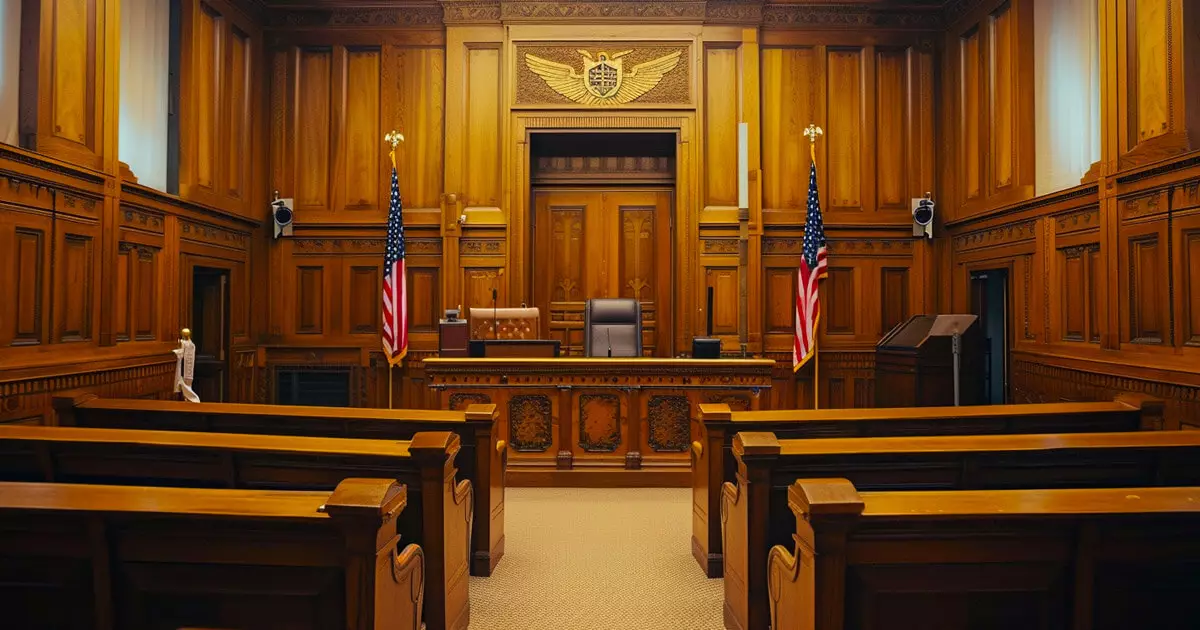Economist Timothy Peterson recently commented on the US Supreme Court’s decision to overturn the Chevron doctrine and its potential impact on the SEC’s regulation of cryptocurrencies. The Chevron doctrine, established in a 1984 case, determined when federal courts should defer to agency interpretations of laws. According to Peterson, this decision could significantly change the SEC’s approach to cryptocurrencies, particularly Bitcoin.
Peterson believes that overturning the Chevron doctrine will limit the SEC’s “unilateral interpretive power” regarding Bitcoin. This shift may lead to a more balanced legal landscape and fairer regulations for the cryptocurrency industry. The decision could also reduce the SEC’s ability to categorize digital assets as securities, potentially changing how the agency approaches enforcement actions in the future.
Fox Business reporter Eleanor Terrett also weighed in on the end of the Chevron doctrine, highlighting its impact on the SEC’s regulatory authority over cryptocurrencies. Terrett suggested that this change raises questions about whether Congress has explicitly granted the SEC the power to regulate crypto as a security. The ruling could affect ongoing legal cases, such as the SEC’s lawsuit against ConsenSys, by undermining the agency’s claims about certain tokens being securities.
In January, lawyer Paul Clement played a crucial role in the case that led to the Chevron doctrine’s overturning. He argued that agencies, like the SEC under Chair Gary Gensler, have used their interpretive authority to regulate without clear Congressional direction. Clement highlighted the potential implications for the crypto industry, stating that the ruling could influence future legal battles over the classification of cryptocurrency as investment contracts.
The US Supreme Court overturned the Chevron doctrine in two cases on June 28, signaling a significant shift in how courts will address agency interpretations. The New Civil Liberties Alliance, which was involved in one of the cases, emphasized that agencies can no longer rely on statutory ambiguities to assert authority, as Article III courts will now play a more critical role in resolving such issues. Chief Justice John Roberts underscored the need for legal consistency and clarity in his opinion, signaling a departure from the Chevron era.
The US Supreme Court’s decision to overturn the Chevron doctrine has far-reaching implications for how agencies interpret and enforce regulations, particularly in the cryptocurrency space. This ruling marks a significant change in the legal landscape, challenging the SEC’s authority and potentially leading to more transparent and consistent regulatory practices in the future. As the crypto industry continues to evolve, the impact of this decision on digital asset classification and enforcement actions remains to be seen.

